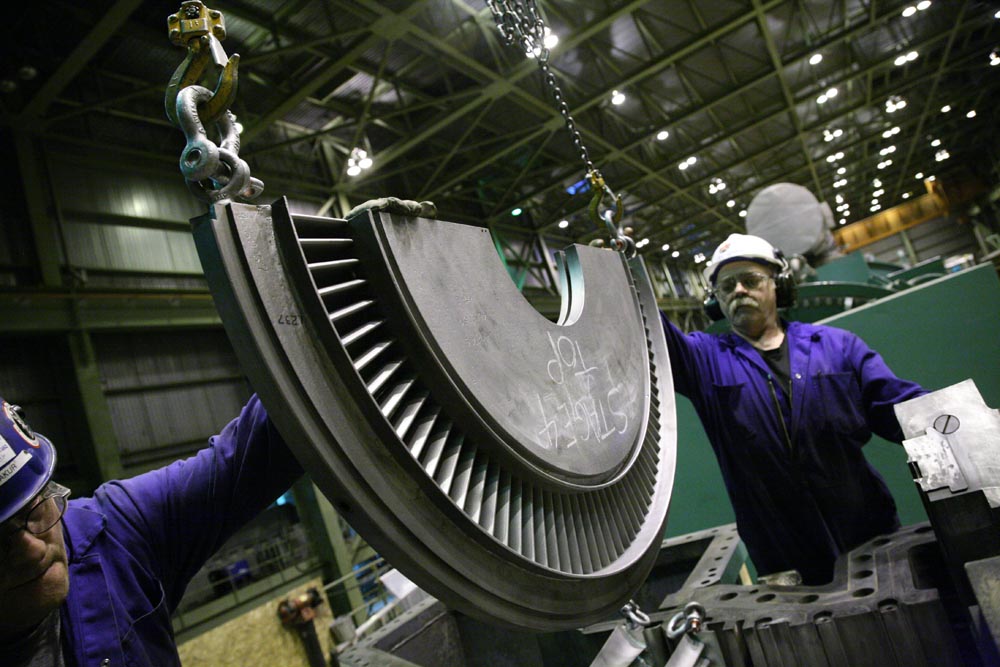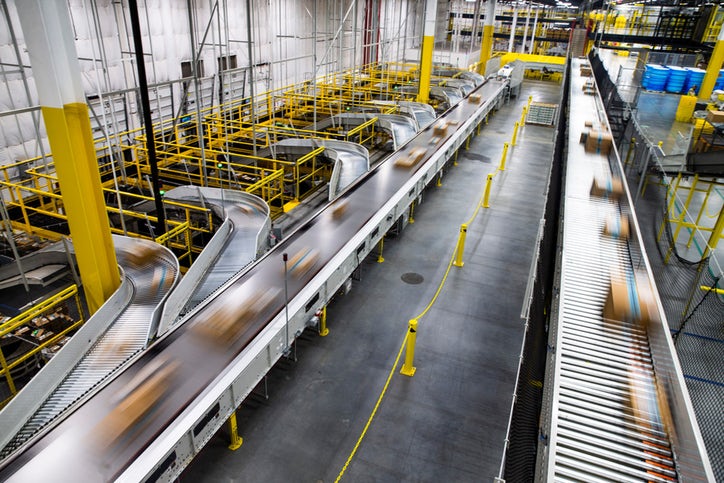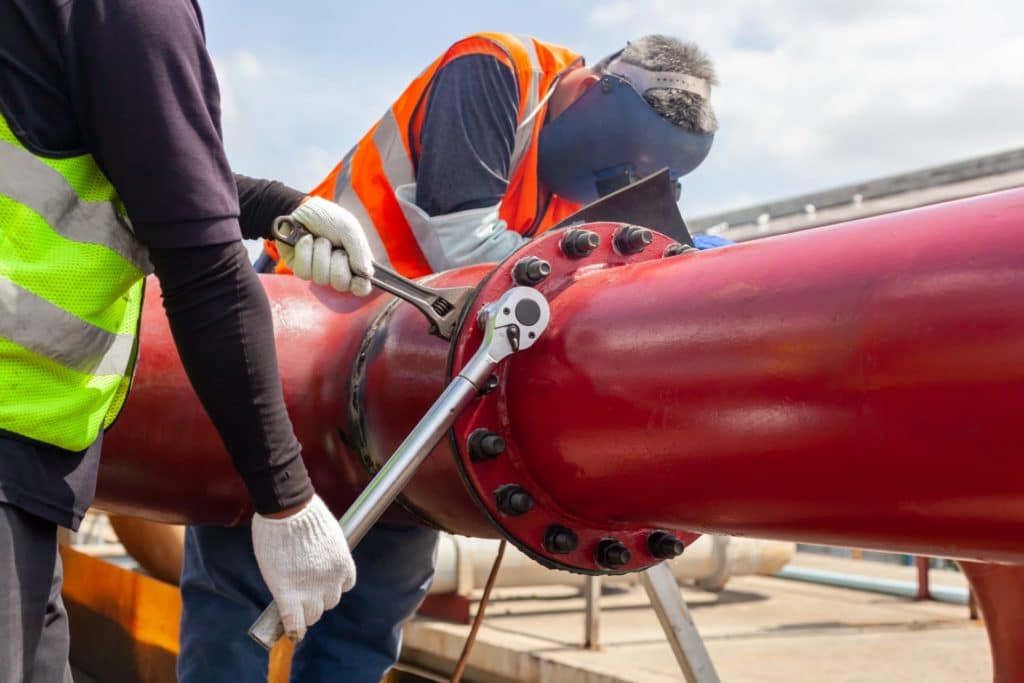What Type Of Skilled Trades Jobs Offer Per Diem?
The skilled trades sector has been booming for years, and those who are in the industry have become accustomed to a lifestyle of work. The question is whether or not there are jobs that offer per diem – which can vary by region and type of job. In this blog post, we will explore what types of skilled trades jobs may offer per diem. Some examples include: electricians, mechanical conveyor installers, millwrights, and other construction-related fields. What is Per Diem? Per Diem is non-taxable additional pay, on top of your hourly rate/salary that is meant to cover travel related expenses. Items such as hotel stays, gas and food. It is generally available for anyone outside of a 50 mile radius from the job, if offered. How Does Per Diem Help The Employee? Per Diem construction jobs allow employees to cover their travel expenses without dipping into their normal pay. If working as a group with several other employees, one can double-occupy hotel rooms and drive or ride together to keep expenses down. Travel workers can also make a trip to the grocery store for meals instead of dining out to cut costs as well. Allowing for more take-home pay. How Does The Industry Benefit from Per Diem Jobs? If a client provides per diem for a given job, it allows for an increased pool of employees to select from. The talent needed for the job doesn’t have to be local, they can be from a nearby large city, a neighboring state, or even nationwide. By not limiting the number of employees to choose from, the clients are able to benefit from these “travelers”, or someone who specifically seeks out per diem jobs to travel wherever needed. These specific types of employees are often highly skilled and sought after. So instead of a client in Ohio seeking 20 electricians local to that area and the staffing agency digging deep in that specific town/city for electricians. Staffing agencies are able to dive into their pool of “rockstars” that are going to hit the ground running and complete the job successfully. How are per diem workers/travelers different from local workers? Per diem workers understand all of the variables associated with working away from home. They are used to picking up and moving to the next job wherever it is located. A lot of these travelers are trade-licensed in multiple states. Per diem workers are also accustomed to working a lot of overtime. The OT is a big draw for these workers that spend a good portion of the year on the road. What type of skilled trades jobs offer per diem? Traveling electrician jobs with per diem: Traveling electricians is a popular position to seek if you don’t mind traveling from job to job. If you have a trade license in multiple states, this makes it even more of a perfect job for traveling. Traveling electricians normally have a few years under their belt, so if you’re an apprentice or still grasping the line of work, stay local for a few years to get more confident in the trade and build up your skills. Shutdown jobs that pay per diem: With many shutdowns these days, there is always a need for skilled trades workers willing to work a lot of hours for a shorter duration. Trades may include but not limited to pipefitters, welders, riggers & ironworkers. Millwright jobs that pay per diem: Millwrights are also traveling professionals in the skilled trades industry. They usually work on shutdowns too, but they might be able to make more money than electricians because there is not as much competition for these jobs that pay per diem. Renewable energy jobs: These may include wind and solar construction projects. Popular in California & Texas and experiencing tremendous growth. If this is your specialty, consider yourself a prime candidate for per diem work. Mechanical conveyor installers: Another skilled trades position experiencing huge growth. Companies like Amazon, FedEx & Walmart are always looking to increase their shipping capabilities. So they’re constantly building new massive warehouses or upgrading current conveyor tech to keep up with demand. By working with a skilled trades agency like us and having the necessary skills, we’ll be able to place you on jobs like this nationwide. Where To Find Jobs That Offer Per Diem You can find many of these jobs through online job boards like Craigslist & Ziprecuiter. But Roadtechs is a really good source as well, it primarily focuses on the skilled trades industry. You can also put your name in and begin working with a staffing company that focuses on your trade. That’s where we come in. Elite Force Staffing specializes in per diem jobs, especially traveling electricians and mechanical conveyor installers. Why Elite Force Staffing excels in offering per diem jobs That previously mentioned pool of “rockstars” is exactly what makes Elite Force Staffing different. Almost 85% of our workers are travelers. That’s a lot of highly skilled and proven workers that are ready to “hit the road” when needed. By having that many per diem workers, you’ll likely be getting resources who’ve worked for us on previous projects. So we know firsthand their capabilities and where they can provide value on your site. We have pockets of workers all over the country that specialize in certain types of projects; manufacturing, data centers, renewable energy, oil & gas etc. In the rare event we have to go out and recruit fresh talent, Elite Force Staffing has a stellar recruiting team to get things taken care of. We also utilize many of our field-based SME’s and top performers to screen candidates in their respective crafts to ensure they have the skills you require. Interested in locating rockstars for your next big per diem job? Contact us here to get the ball rolling.










